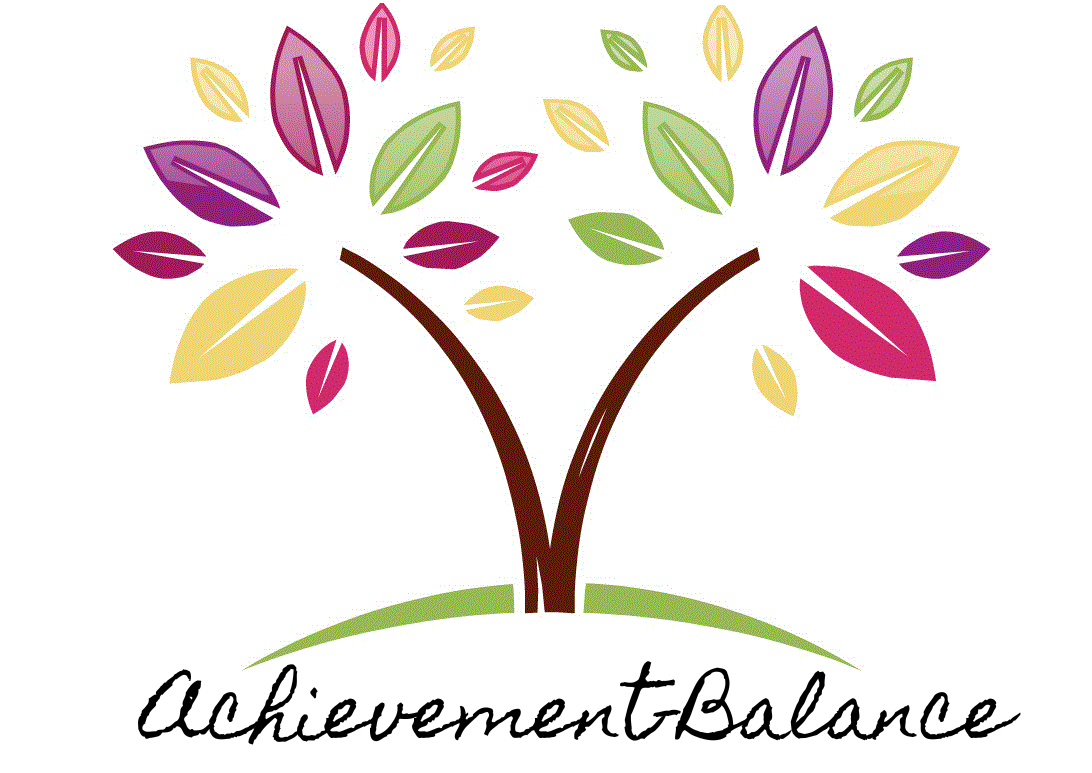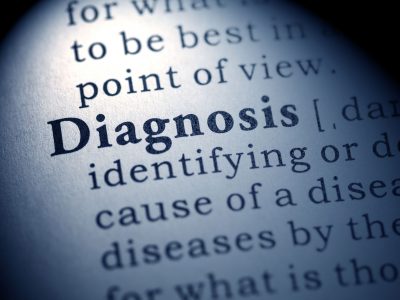
Cognitive Behavioral Therapy, or CBT, is a powerful approach to autism therapy. CBT can help your child regulate their emotions, impulses, and anxieties. As a result, negative behavior can improve.
However, not all therapies are the same, equal, or even concerned with the same outcomes or goals. For example, Talk Therapy can help work through long-term problems or feelings, whereas Emersion Therapy is meant to be a quick altering or solving of a particular phobia.
But how then should you decide which therapy is right for your family or child?
It all depends on your goals.
If you are searching for a shorter-term, solution-oriented therapy to alter or improve negative behaviors and thought patterns, then Cognitive Behavioral Therapy (CBT) might just be the perfect therapy for your child on the Autistic Spectrum.
Since anxiety, depression, and autism often run together, CBT helps reduce many common symptoms such as meltdowns, outbursts, obsessions, or distractions. All while helping your child gain confidence, a positive outlook, and a less-anxious life.
What is Cognitive Behavioral Therapy?
In short, Cognitive Behavioral Therapy is named quite aptly. It is a solution-focused therapy that has been around since the 1960s, however, only recently has it been applied to help individuals with ASD or Autistic symptoms.
Cognitive Behavioral Therapy is built around the belief that our thoughts (cognition), emotions and actions (behavior) are connected. CBT also believes that if one of these factors is altered for the better, the other components will also be changed.
Individuals often get stuck in negative thought patterns which bring about negative responses and actions. When this cycle is broken, through Applied Behavior Analysis – watching and creating a plan with set markers or goals – then we are better able to handle difficult situations and the environment we live in.
Cognitive Behavioral Therapy aims to find the triggers of certain negative actions or behaviors, so your child can recognize those moments and work with his or her therapist to find alternative actions.
Essentially, your child and their therapist will focus on realizing when they are going down a negative path, and instead choosing a practiced, practical, and positive response instead.
The beauty of Cognitive Behavioral Therapy is that it doesn’t just focus on actions or thoughts, but the entire person, their behaviors, thoughts, and emotions, in order to create a comprehensive plan for better enabling them to tackle life’s difficulties.
What are the Benefits of Cognitive Behavioral Therapy?
Cognitive Behavioral Therapy can assist your family, your child and you in a number of ways. For example, CBT can:
- help your child become more rational and disallow ANTs (automatic negative thoughts) and negative feelings from controlling them.
- help your child understand their thought process and learn to control their thinking and thoughts even when in difficult or stressful situations.
- give your child tools to relax or lower their own anxiety, which can help them in school, at home, and in social situations.
- give confidence to your child as their negative thoughts, feelings and anxieties are addressed, giving them the self-reliance to live a fuller, happier life.
- help your child be more positive about themselves, their future, social outcomes, and their environment.
- teach your child how to problem-solve on their own, so they can feel self-sufficient and able to handle previous triggers.
- retrain your child’s brain to better deal with stress, so as to prevent harmful or negative behaviors or desires.
Get in Touch with Achievement Balance Today
Cognitive Behavioral Therapy is a positive way in which you can impact your child’s thinking, the way they view themselves, and their actions.
Through CBT sessions, your child’s therapist can drastically improve how they handle difficulties, anxiety, and depression, creating a happier and healthier mental and emotional environment for your family and child.
If Cognitive Behavioral Therapy sounds like something that could work for you and your child, connect with Achievement Balance today.
Call Achievement Balance at (972) 410-5297 and let’s get started finding the solution that best meets your needs and goals.



